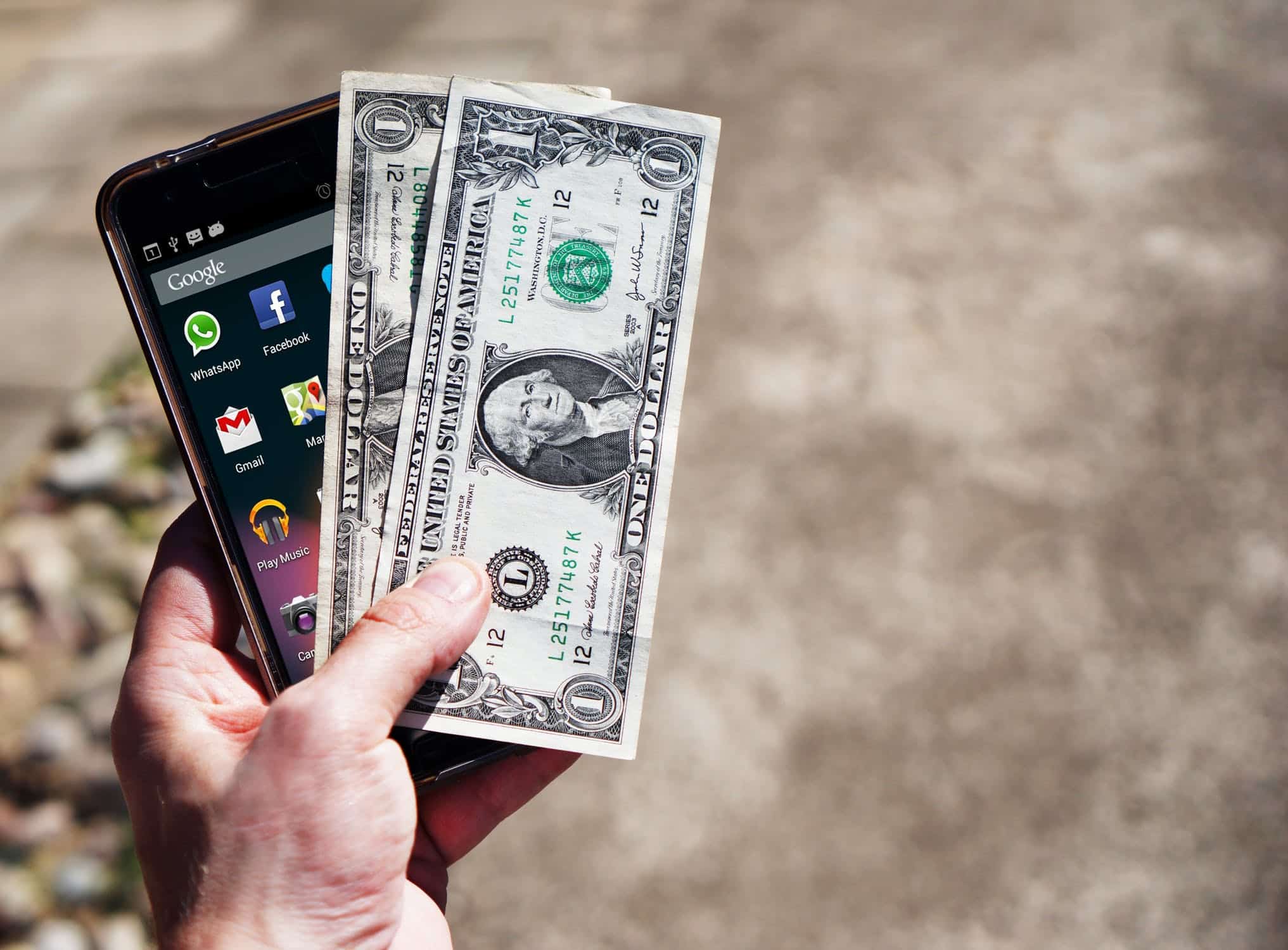
Back in December, we decided to use GNUCash to track our finances. It’s a free open source program and you can see how we decided to use GNUCash here.
As part of the MoneyStepper Savings Challenge, we’ve committed to calculating our monthly net worth increases and savings rates using a special worksheet. The results for each month will be shared on the 10th day of the next month.
Having the February 10th deadline has forced me to get our finances sorted. So, I’ve been busy setting up our GNUCash file and entering transactions for 2014-today.
When everything is setup properly I’ll not only know where every penny is going, I’ll also know how much is due to come in, what payments will be coming up, and I’ll be able to run reports to see if we’re following our budget.
The money geek in me has been really enjoying this. It was pretty easy to enter all the transactions through our bank statement and credit card. Now I’m having fun tracking down how much from our bank should be set aside for our car savings, or how much gift money each of us has saved up. It’s been a while since I’d tracked every detail of our finances and it feels so satisfying to be building up a complete picture of our finances.
Having used GNUCash for a week or two, I thought I would share my first impressions.
GNUCash is Not What I Expected
I’m not sure what I thought it would be. I knew it was for both business and personal, so that intrigued me. I wondered how they would make software like this user friendly enough be to used for personal use.
As I started it up I was a little surprised that it seemed to be a pretty standard bookkeeping program. If you had never used accounting software before, I think this would be a pretty intimidating program to use to track your spending.
If you’ve used accounting software before, GNUCash should feel at least a little familiar.
What I Like about GNUCash
There’s a lot to learn. There’s a lot of features I’ve still need to figure out.
- Right now I’m exporting transactions from our bank’s site and importing them into GNUCash. Apparently, if I contact the bank I can get a pin or password and automate the process. It would be great if every time I opened GNUCash I was given a list of all my recent spending to classify.
- To track our investments, I started by entering the transactions at cost, then setting up a second account for market value adjustments. Then I found out that it will track share units and market prices for me. It will even grab the latest share prices automatically. I haven’t figured all this out yet, but I’m pretty excited about the possibilities. I think this will really come in handy as we start to focus more on investing when the mortgage is gone.
For a free product, I’m pretty impressed.
What I Don’t Like About GNUCash
I’m just starting with GNUCash, so there are plenty of things I don’t know how to do. I’m hoping that once I learn the program better, I’ll be happier with some parts that I’m not really a fan of right now.
- We have some side hustles and I’d like to track the amounts we’ve billed but haven’t received from clients. Right now I’m finding the accounts receivable system to be pretty clunky and not very intuitive. I’m finding myself working harder to come up with work arounds than I am to learn the proper way.
- I was hoping to be able to create custom reports, but I haven’t found that feature yet. Or maybe I have, but I have no clue how to use it. For instance, I’d like to generate a report that will spit out all the numbers I’ll need for the MoneyStepper Challenge.
A Few Financial Surprises
As I was transferring our spending from our old spreadsheet into GNUCash, I was surprised by a few things.
1. I had forgotten at least one negative sign when I entered a purchase, so it made it look like we had more room in the budget than we did. I’m glad I found this because it reminded me that people make errors and it’s hard to track them down when everything isn’t tallied and balanced at the end of the day. I’m really looking forward to being able to reconcile our numbers every month.
2. I found out we spent $90 too much on groceries in January. I would have seen this in our spreadsheet too, but it was nice to see a big red “you messed this up” on our budget to the actual report. As I mentioned in our Update for our January No Eating Out Challenge, spending $392 on groceries in January means that we’ll need to hunker down in February with only $214 of room left in the budget for groceries/cleaning supplies/paper products/beauty, etc. I love a good challenge!
3. When transferring our info from the spreadsheet over I also saw that a bunch of our birthday and Christmas gift money had been dropped at some point. When I sorted it all out I found out that I have enough saved to buy the ukulele I’ve been coveting for at least a year. Now that I know I have the money for my splurge, I’ve started trying to talk myself into buying something else that’s more practical. I’m hoping the frivolous side of me treats myself like the gift-er would want me to do. It’s a really fun ukulele to play and my starter uke from years ago is pretty banged up.
4. Over the holidays we had some car trouble. Fortunately, the repair was under warranty. We were told to get it fixed locally then bring back the part to get a refund. When we got back in town, we turned in the busted part and our local mechanics finished up the repairs free of charge. As I was looking over our spending I saw that we had not got the refund we were promised for the part. Turned out the mechanic couldn’t return the part because the box was different. But, we weren’t told this when we picked up the car. Now we’re going to have to pick up the part and try to get the refund ourselves. This part is a couple of hundred bucks and we might not have noticed there was no refund if we hadn’t started tracking things better.
Conclusion
I’ve always been on a budget and tracked my spending. For the last couple of years we’ve only been tracking our variable spending and I haven’t got to see our whole financial picture.
I’ve only been using GNUCash for a couple of weeks but I already feel much more on top of our money. Having all the numbers at our fingers will mean that we’ll have more data for our money dates and for when we make financial decisions. It’s not a slick does everything for your program. But I do think it will serve our needs well once I learn how to use all of its features.
By next week I’ll need to finalize my tinkering and submit my figures to MoneyStepper. So, I’ll likely share our January numbers with you next week. Not sure if it will be a monthly thing on the blog or not. You can always check the MoneyStepper Savings Challenge Results Page though to see our monthly progress.
What About You?
Have you been tracking your money better in January?
Do you have any money you need to chase down, like our car part return?
Would you be excited to play with accounting software in your free time?
P.S. For the next two Saturdays, Simple Cheap Mom will be co-hosting Financially Savvy Saturdays. I’d love to see all you bloggers participating!
If you enjoy my blog, Follow Me!
If you liked this post, Share It!


